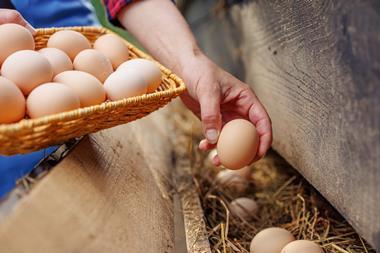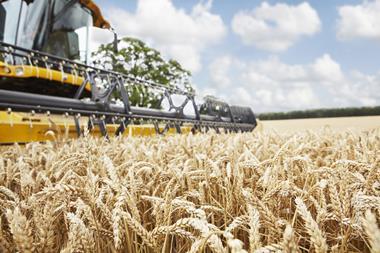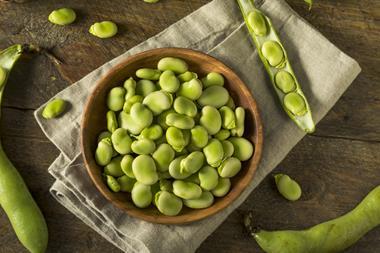Carr’s Milling Industries has said its three flour mills have “performed relatively well”, despite poor weather producing low wheat yields.
The Carlisle-based agricultural and food firm published its Interim Management Statement this morning (8 January), for the 18 weeks ending 5 January 2013, revealing the news of a “positive financial performance” during the period.
Speaking of its food division, which consists of Carr’s Flour Mills, the firm said: “The drier winter followed by extremely wet months with low sunshine hours has produced low wheat yields with small grains, causing low extraction rates. The impact of this was that only a very low proportion of the home-grown bread wheat met the requirements of millers.
“The UK has consequently become much more dependent on imported wheat, notably from Germany. Through the investment at Kirkcaldy two years ago to reopen the port and Silloth’s port location, Carr’s Flour Mills is benefiting from this trend.”
Carr’s added that sales volumes and margins were in line with its annual expectations and its strategy for the year would be to cover raw materials in conjunction with the fixing of sales contracts, mitigating the risk of volatility on its margins.
The business updated on the building of the Kirkcaldy mill and said it was “progressing well and is on target to be commissioned in September 2013”.
Carr’s said its agriculture division had also shown strong trading during the 18-week period, particularly from its animal feed block businesses in the UK and US, as well as its expanded agricultural branch network.
The company reported net debt of £16.5m on 1 December 2012, compared to net cash of £200,000 12 months ago and net debt of £2.5m on 1 September 2012. The firm said cash outflow since last September was the result of seasonal working capital increases in the agricultural businesses during the winter months, the rise in raw material costs, particularly wheat, and the further capital expenditure on the Kirkcaldy mill and the factory at Markdorf, Germany.
Back in November 2012, Carr’s recorded a 64.9% drop in profit before tax to £400,000, which it attributed to over-capacity in the flour milling industry and volatile wheat costs.
































No comments yet